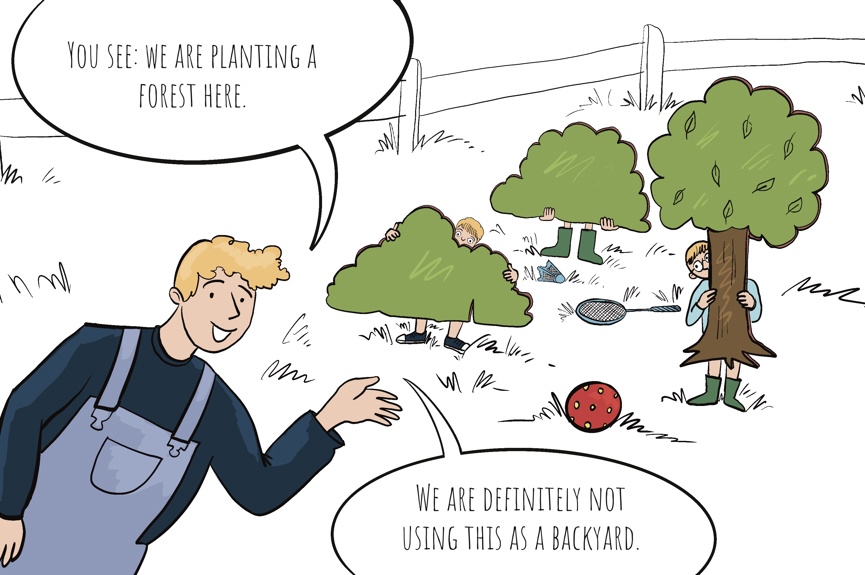- Real Estate, Renting and Co-ownership
- farming lease , landowner , tenant , lessor , termination motives , personal exploitation , alienation , afforestation , nature realization , intended use , serious reasons , final destination
In cases where a landowner terminates a lease for personal exploitation, due to property alienation, afforestation, or nature realization, the landowner must fulfill these reasons within a specified timeframe.
Failure to do so grants the tenant the right to return to the leased property with compensation. Alternatively, the tenant may opt for compensation alone.

1. Termination for personal exploitation
If a landowner terminates a lease for personal exploitation and the leased property remains unexploited by the designated future operators for more than 6 months but less than 9 years after its vacation without substantial reasons, the landowner faces potential sanctions.
In such instances, the tenant is entitled to return to the property with compensation or solely claim compensation. The tenant has the liberty to choose between these two options without the obligation to justify their choice.
In cases of dispute, the burden of proof lies with the party in whose favor the termination was made to demonstrate personal operation of the agricultural business.
2. Termination due to alienation
In cases of termination with the intention of alienation, the authentic deed must be executed no later than the final day of the current lease period.
If the authentic deed is not executed within this period and the tenant has not vacated the property, the termination remains ineffective. If, however, the tenant has vacated the property, they have the right to return with compensation or claim compensation alone if preferred.
In disputes, the lessor bears the responsibility to prove the execution of the authentic deed.
3. Termination due to afforestation or nature realization
A lessor terminating a lease due to afforestation or nature realization is considered not to have fulfilled this reason if the afforestation or nature realization is not carried out within three years of termination. This includes either by planting, inclusion in an approved nature management plan, or maintenance for a minimum of 24 years.
In such cases, the tenant has the option to return to the property with compensation or opt for compensation alone.
4. Termination due to intended use or serious reasons
A lessor terminating a lease to utilize the property in accordance with its final destination or for serious reasons must execute this within six months of the property being vacated, unless significant justifications are provided, considering all factual circumstances.
Failure to do so within the stipulated timeframe grants the tenant the right to return to the property with compensation or solely claim compensation.
In disputes, the lessor must provide evidence of implementing their intention.
5. Procedures for the tenant
Upon establishing that the lessor has not realized the intention expressed in the termination, the tenant must initiate their claim for return or compensation within five years of vacating the property.
Claims based on premature termination of use must be filed within three years of such termination.
In case you wish to terminate a lease or have questions about it, do not hesitate in contacting our specialists: +32 (0)2 747 40 07 or info@be.andersen.com.



